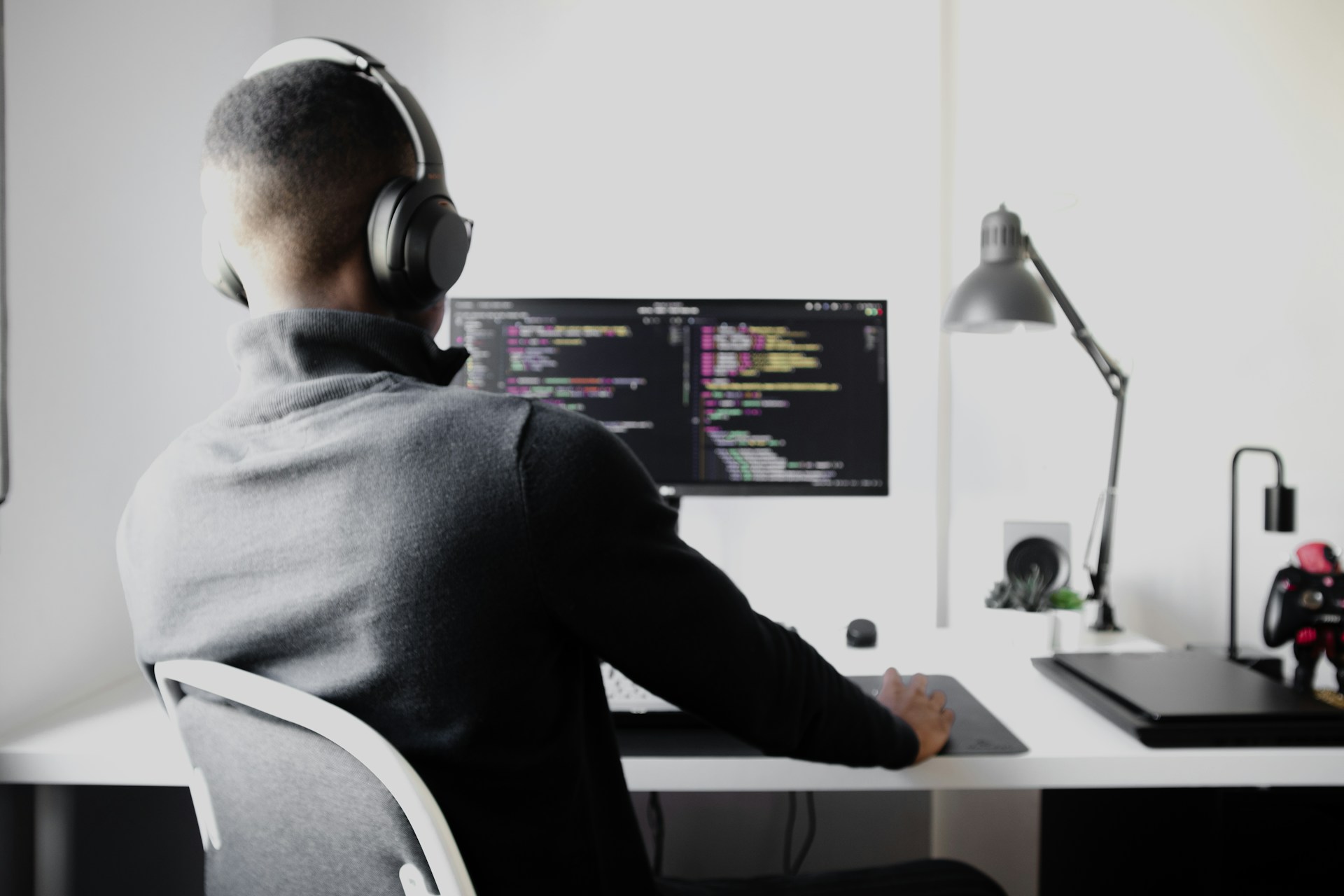I still remember the exact feeling of my ID badge tapping against my hip as I walked through the sprawling Meta campus. On paper, it was the dream. I was a developer at one of the biggest tech companies in the world, working with brilliant people on massive-scale problems. But in reality, I felt like a tiny cog in an impossibly large machine. My days were a blur of stand-ups and syncs, and the code I wrote, while complex, felt disconnected from any real, tangible impact I could see or feel myself. The prestige was there, but the passion was fading fast.
The moment that really broke it for me was during a performance review. I was praised for my Python skills, for my efficiency, for being a "team player." But I realized I couldn't point to a single thing and say, "I built that. That was me." Everything was a committee, a splintered effort across a dozen teams. I went home that night and just stared at my ceiling, feeling this profound sense of being adrift. I had the "right" career, but it didn't feel like my career. That was the night the seed of freelancing, of going independent, truly took root. It was terrifying. It meant leaving the ultimate safety net for the ultimate uncertainty.
Taking that leap was one of the hardest things I've ever done. The first couple of months were brutal. I had this great resume, but I suddenly had to be my own salesperson, project manager, and accountant. I fumbled a lot. I remember trying to define myself and getting completely tangled up. Was I a graphic designer because I had a good eye for UI? A content writer because I could explain technical concepts? I even put those on my profile for a while, trying to be everything to everyone. It was a classic beginner's mistake, born from a deep-seated panic that just being a "web developer" wasn't enough.
My imposter syndrome was at an all-time high, which is wild considering where I'd just come from. I worried my experience wouldn't translate to the scrappier, faster-paced world of independent projects. I under-quoted my first proposal out of sheer fear, and thankfully, the client actually told me my price was too low for the scope, which was both embarrassing and a massive wake-up call.
The real turning point came when I connected with a company called YZHD, LLC. They weren't looking for a code monkey or a design dabbler. They had a vision for a complex SaaS product, PRNewsAI, and needed a technical partner to build it from the ground up. This was my chance to do exactly what I had been missing: own something. To build. We talked for hours, not just about Python and databases, but about the user experience, the business goals, the marketing strategy. I felt my passion reigniting.
That project was a trial by fire. It was just me, the client's vision, and a blank slate. I poured everything I had into it—my high-level development skills from Meta, my innate sense for clean product design, even my understanding of SEO to make sure it would be discoverable. There were late nights fueled by coffee and sheer determination, moments of doubt where a bug seemed insurmountable, but the thrill of solving it on my own was indescribable. When we launched PRNewsAI and their main company site, YZHD.AI, and they came back saying it exceeded all their expectations, it was a feeling no corporate bonus could ever match. It was pride. It was validation.
That success with YZHD, LLC changed everything. It gave me the confidence to strip away all the extra noise from my profile. I wasn't a graphic designer who could code, or a writer who knew tech. I was a web developer who builds high-value SaaS products, period. My time at Meta wasn't just a line on a resume; it was the foundation that allowed me to deliver that level of quality. My understanding of design and SEO weren't separate services; they were integral parts of how I build great software.
Suddenly, my $250 hourly rate didn't feel audacious; it felt right. Clients weren't just paying for my time; they were paying for my focused expertise, my experience, and my ability to see a project from a business perspective, not just a technical one. The 5-star reviews started coming in, and reading feedback from clients like Tina saying "hello, good study" or another simply saying "very good" five times in a row, while maybe not the most eloquent, felt so incredibly personal and real.
Now, I truly feel like I'm working "at ease," as I say in my bio. It doesn't mean my work isn't challenging. It means I have control. I work about 30 hours a week, but those hours are deep, focused, and fulfilling. I choose projects that excite me, and I get to be the person who says, "I built that." Success isn't about climbing a corporate ladder anymore. It's about building a life, a schedule, and a body of work that I am genuinely proud of. It’s the quiet confidence of knowing my worth and seeing the direct impact of my work in the world. If I could tell my past self—the one staring at the ceiling in a panic—anything, it would be to trust that your unique combination of skills is your greatest strength, not a weakness. Embrace it, own it, and build something that is truly yours. The risk is immense, but the reward is a career that finally feels like home.
